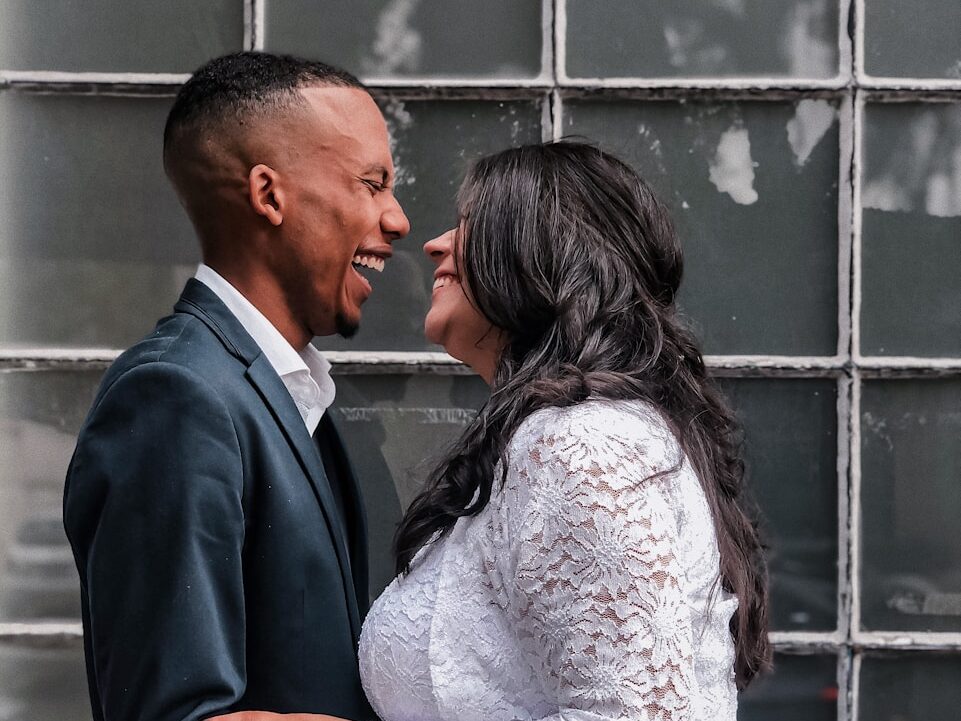
Communication is a powerful tool, but the wrong words can do more harm than good. Whether it’s an accidental slip-up or a lack of awareness, certain phrases can come across as rude, dismissive, or downright offensive. Here are 15 things you should never say to a woman.
“You look tired.”

While it might seem like you’re expressing concern, this comment often feels more like an unsolicited critique of her appearance. It implies she doesn’t look her best, which can be hurtful, even if unintentional. If you’re genuinely concerned about her well-being, a better approach is to ask, “How are you feeling today? Is there anything I can do to help?” This shows empathy without focusing on how she looks.
“Are you on your period?”

Reducing a woman’s emotions or reactions to hormonal fluctuations is dismissive and invalidates her feelings. It’s a lazy way to avoid engaging with what she’s actually expressing. Instead of making assumptions, try asking, “Is something bothering you? I’m here to listen.” This response shows you care about what she’s going through without resorting to stereotypes.
“You’d be prettier if you smiled.”

This phrase is not only patronizing but also objectifies women, suggesting their primary purpose is to look appealing to others. Women don’t owe anyone a smile or a specific demeanor. A better way to engage with someone is to offer a genuine compliment, like, “It’s nice to see you today,” without attaching any expectations to it.
“When are you having kids?”

Questions about family planning are deeply personal and can touch on sensitive topics like infertility, career goals, or personal preferences. It’s also nobody’s business unless she decides to share. Instead, steer the conversation toward neutral ground by asking, “What’s new in your life?” This question lets her choose what she’s comfortable discussing.
“You’re too sensitive.”

Telling someone they’re too sensitive invalidates their feelings and can come across as dismissive. It suggests that the problem lies with her reaction rather than your words or actions. If you’ve upset someone, it’s better to say, “I didn’t mean to hurt you. Can we talk about what’s bothering you?” This approach fosters understanding rather than shutting down the conversation.
“That’s a man’s job.”

In an era where women are great in every field, this outdated stereotype has no place. Comments like this undermine her abilities and reinforce harmful gender roles. A more constructive way to approach the situation is to acknowledge her skills and accomplishments by saying, “You’re doing an amazing job.”
“Why are you single?”

This question may seem harmless, but it can come across as judgmental or imply there’s something wrong with her. Relationships, or the lack thereof, are personal, and not everyone feels the need to justify their status. Instead, focus on what makes her unique by saying, “You seem like someone with a lot of interesting passions. Tell me more about them.”
“Are you sure you want to eat that?”

Commenting on someone’s food choices can make them feel judged or self-conscious. Whether it’s about portion size, health, or indulgence, it’s better to keep such thoughts to yourself. If you want to discuss food, stick to positive or neutral remarks, like, “That looks delicious—what did you order?”
“How old are you?”

Asking a woman her age can feel invasive and unnecessary. Age is often tied to societal expectations, and this question can trigger discomfort. Instead of focusing on her age, ask something more engaging, like, “What’s been a highlight for you this year?” This shifts the focus to experiences rather than numbers.
“You’re not like other girls.”

What might seem like a compliment actually diminishes women as a group by implying that being “different” is a prerequisite for worthiness. Rather than comparing her to others, celebrate her individuality by saying, “You have such a unique perspective. I really value it.”
“Are you really going to wear that?”

Critiquing someone’s outfit, especially unsolicited, can feel judgmental and undermine their confidence. Unless she explicitly asks for your opinion, it’s best to avoid such comments. A better alternative is to say, “You look great,” and leave it at that. Let her rock her style with confidence.
“You must be a terrible driver.”

This tired stereotype not only perpetuates gender-based assumptions but also dismisses her abilities without any basis. If you’re in a situation where driving is relevant, offer constructive support or remain silent. There’s no need to perpetuate outdated jokes or biases.
“Calm down.”

Telling someone to calm down almost always has the opposite effect. It’s dismissive and minimizes their feelings, often escalating the situation further. Instead, acknowledge her emotions by saying, “I can see this is really important to you. Let’s talk about it.” This approach validates her perspective and opens the door to resolution.
“Your biological clock is ticking.”

Bringing up the concept of a “biological clock” is intrusive and often rooted in outdated societal pressures. It’s a deeply personal topic that should never be approached unless she volunteers it. If you’re looking to connect, choose a more neutral and engaging topic like, “What’s something exciting you’re working on right now?”
“You’re lucky to have him.”

While it may seem like a compliment, this phrase can feel patronizing and diminish her contributions to the relationship. Relationships are partnerships, and both people bring value. Instead, say something that acknowledges both parties equally, like, “You two seem like a great team.”
